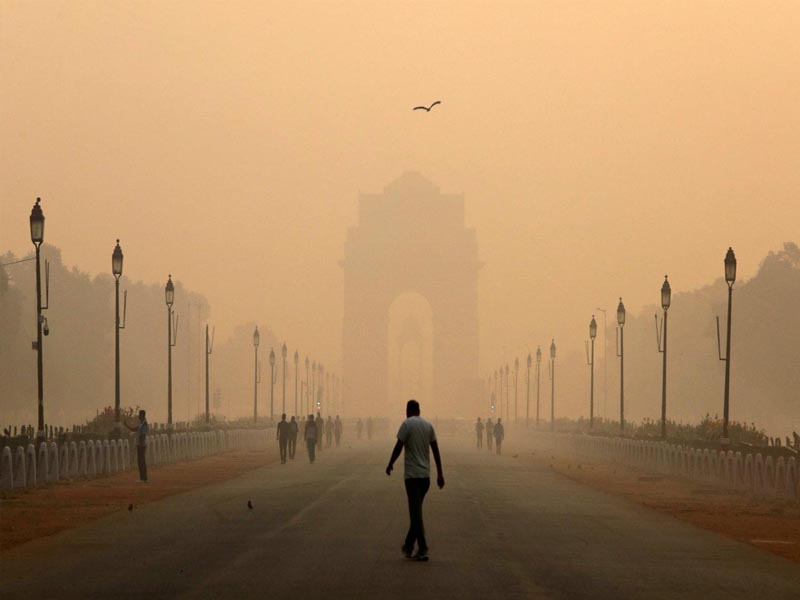Day in and day out we are bombarded with messages and sermons on how to maintain a healthy lifestyle, so as to live a long, fruitful and fulfilling life. These messages take many forms: doctors’ advice, public service messages, mass media, online portals (such as this one!) constantly remind us of the need to stay physically active, avoid tobacco and alcohol usage, adopt a healthy, nutritious diet and generally maintain a positive disposition. All very good, considering the explosion of lifestyle-related diseases in our country. Indeed, a study published in the Lancet, cited the contribution of cardiovascular disease (heart disease and stroke) to over 28% of deaths in India in 2016! Furthermore, the contribution of such diseases to mortality jumped by 34% over 1990-2016! Reasons cited for this trend were high systolic blood pressure, air pollution, high total cholesterol, high fasting plasma glucose, and high body-mass index, as studied in our population. Did we notice a Red Herring in that list? No? Well, look again. That’s right, we must be wondering where air pollution came into the picture. But by this time that really should not come as a surprise, as recent years have seen record levels of pollution, which breach new frontiers year on year. The only saving grace this year, was ironically the pandemic which brought about a forced, albeit temporary pause to human pollution-causing activity.
A report in the Hindu at the close of 2020 stated that 1.7 million deaths were attributable to air pollution in 2019, which accounted for 18% of total deaths in the country during the period. Do we see a pattern here? Could it be that despite all our best lifestyle practices, there are certain imponderables that lead to illness and death? Is one such imponderable staring us right in the face at this very moment? Of course I refer to the environment as a thriving entity in its own right. But we mustn’t delude ourselves into thinking that a relatively recent problem like air pollution alone has led to the current state of affairs.
The environment as a whole encompasses more than just our physical surroundings. It also denotes the “circumstances” into which one is born, lives, works, ages and finally dies. This has been dubbed the “social determinants” of health. Mind you, this is no new topic of interest. As far back as 1842, Edwin Chadwick prepared a report on the poor sanitary conditions of the labouring class in England, citing their appalling living conditions as the main causative factor. Around the 1950s, British statesman Beveridge called for action to tackle the root causes of poor health: poverty, low education, unemployment, poor housing and other public health issues, such as malnutrition and inadequate healthcare. These factors have become more pronounced in recent years with the ever-growing gap between the rich and the poor. So we have a piquant situation wherein the same healthy lifestyle messages are shoved down the throats of those without the time, place or wherewithal to practise them. An urban labourer would not have the resources to eat green, leafy vegetables, finding instead a greasy, oily breakfast more affordable and filling, to last his working day. He would willy-nilly turn to his tobacco and alcohol to bury his frustration at his employer’s taunts. One certainly doesn’t expect this gentleman to have access to clean, green spaces for adequate physical activity! As might be pretty obvious, the latter scenario probably involves a major proportion of our population. This finally begs the question(s):
Do we blame only our lifestyle choices for our health status?
Should environmental factors, beyond the usual suspect (air pollution) be seriously addressed by governments, as a solid measure to improve community health? These may be seen as rhetorical questions, however as far as policymakers go, may herald a major deviation from existing healthcare policy.

Dr. A. Kundu
Consultant Cardiac Surgeon,
National Heart Institute
New Delhi


